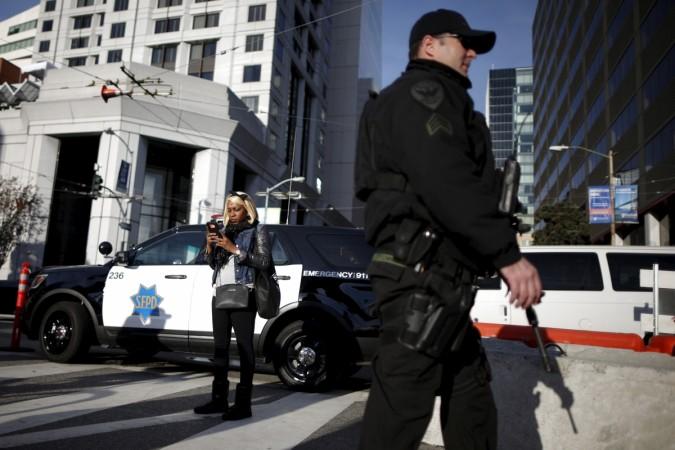
Ever since the United States President-elect Donald Trump's election win, many areas across the nation have reported a surge in the number of hate crimes, particularly against Muslims and people of other cultures and ethnicities. Seattle is among them and is fighting its battle against hate crimes in the state.
Two days after the elections result, a security guard at the Nathan Hale High School in Seattle called 911 to report a hate crime. The target of the crime was a teenager from a Middle Eastern descent.
The 16-year-old student was going to her home when a man held her hand and did not let her go. According to the guard, the man told the girl, "Your color of people don't belong here. You're not attractive and you need to leave. You're toxic people and you're ruining this country."
Similar reports of abuse and hate crime soon started flowing in help and support groups like the Southern Poverty Law Center. There have been documented reports of racist graffiti, physical attacks, abusive and hateful words and vandalism in many areas in Seattle.
The Seattle Police report state that the highschool teenager could not seek help because she was too scared to yell and was in tears while telling her ordeal to the authorities. An incident was also reported on the University of Washington Seattle campus where a female Muslim student Nasro Hassan was struck in the head with a bottle and suffered a concussion.
In yet another incident, a group of Muslim women on the University of Washington Bothell campus were accosted by several men who demanded that they remove their hijabs.
So, what can we do to help these victims fight hate crime they frequently face in the city?
Help get the victim out of the situation
To fight hate crime, the most important step is to help the victim out of the situation or to report the crime to the authorities so that an immediate step can be taken to save them from the ordeal.
Mina Sultana, co-president of the Muslim Student Association at the University of Washington says, "I think it's really important for bystanders to step in. Whether it's getting the victim out of the situation or reporting the incident," kuow.org reported.
Accompany people who are targets
Accompanying people or walking along with them towards their destination helps in keeping the perpetrators at bay. They usually target the victims if they are alone.
Sultana said she advises all Muslim students to walk with a friend, on and off campus and be "extra cautious of their surroundings."
If you are a target, then disengage from the situation
According to Sergeant Sean Whitcomb with the Seattle Police Department, "If the language is directed at you — singularly directed at you — and the person who is uttering it is focused on you, disengage. Disengage from that situation and create some distance."
Reach out to other people on the scene
If you are accosted by someone who talks to you in a hateful manner or with contempt and may pose a physical harm. Immediately reach out to the bystanders on the scene to attract attention. This will help deter the perpetrator from continuing.
Do what you need to do to be safe
The Seargent also suggested to do whatever you can do to feel safe in such a situation, this includes calling 911. Call the emergency number as soon as you can and make sure that you get the name of the police officer and the copy of the report filed by them.
















